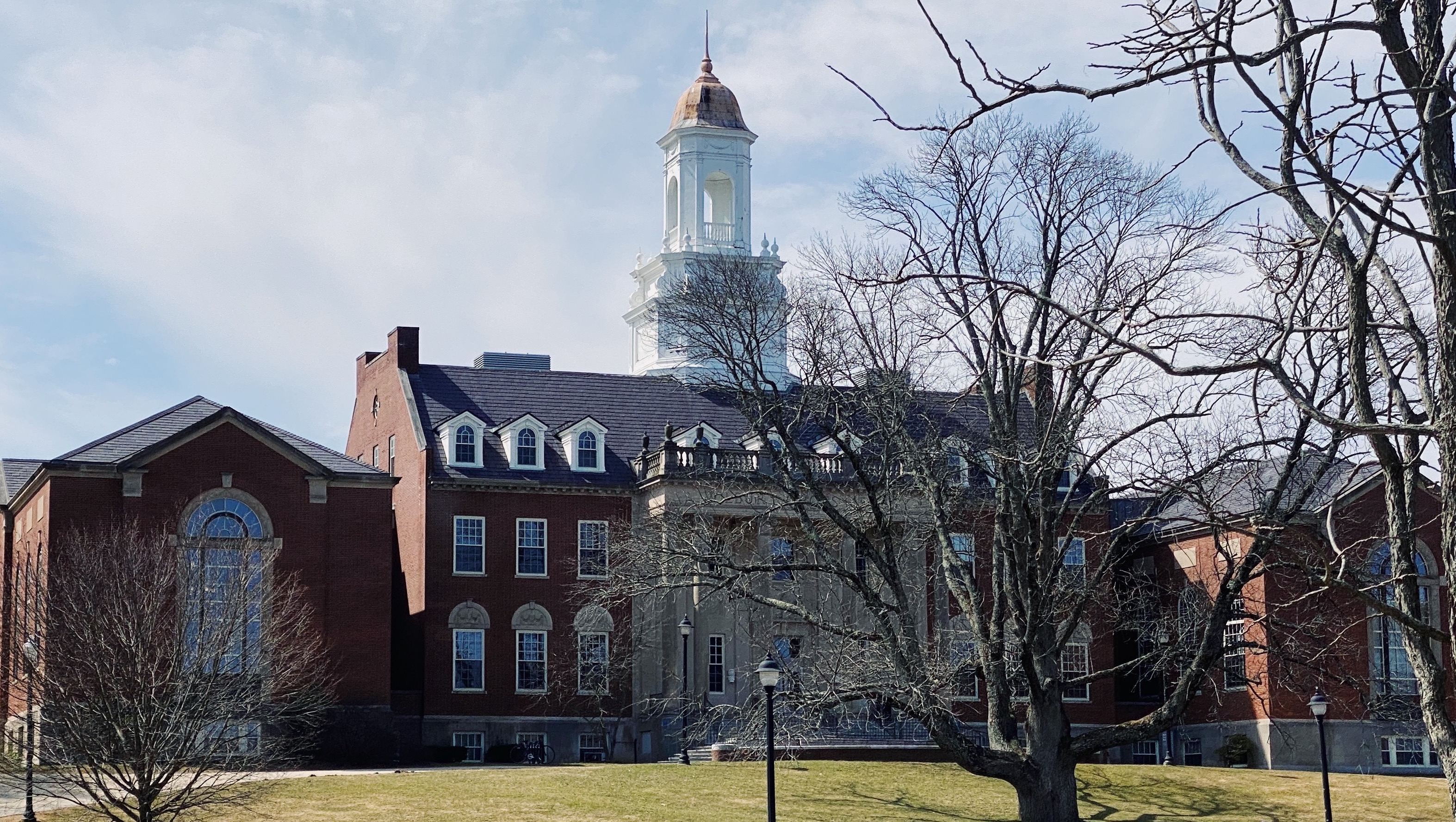Opportunities
I am planning to recruit one master student for Fall 2026. If you are interested in groundwater-surface water interactions, and have experience/are willing to learn Python, hydrologic modeling and machine learning methods, please reach out!
Fall 2024 applications are closed.
Fall 2024 opportunities:
If you are interested in water, climate and artificial intelligence (AI) in general, particularly in any of the following areas:
1) Machine learning and artificial intelligence (AI) for decision making in water systems
2) Integrating in-situ and geophysical datasets for hydrogeology
3) Understanding climate disturbances impacts on water quality and quantity
4) Advanced hydrologic modeling: flow or reactive transport modeling
please feel free to reach out to me directly: lijing.wang AT uconn.edu, with your up-to-date CV and your research interest/plan. Preliminary contact is preferred before the application deadline (January 10th, 2024) so that we can learn if there is a good fit. Detailed information about the UConn Earth Sciences graduate program can be found here.
Desired qualifications
- M.S. or B.S. degrees in earth sciences, hydrology, hydrogeology, environmental science, geology, geophysics, environmental engineering, climate science, data science, or other related fields.
- Experience in scientific programming (e.g., Python, Matlab, R, Julia).
- Experience in machine learning, hydrologic modeling (e.g., MODFLOW, ATS-Amanzi, ParFlow), Bayesian statistics (e.g., Bayes’ Rule, Markov chain Monte Carlo), geostatistics, or field work in geophysics/hydrology is highly desirable.
However, technical skills and publications are not required to join the group as graduate students. Curiosity, communication and perseverance are the keys to success.

How to Apply
Graduate students in UConn Earth Sciences will receive funding through research and teaching assistantships. To be considered for full funding for admission in Fall 2024, please apply through the UConn Graduate School Website by clicking Apply Now before January 10th, 2024. Students will receive continuous stipend support starting at ~$27,000 per 9-months with the possibility of additional summer funding. Admission also includes tuition waiver, health insurance benefits, and funding for research related travel. We strongly encourage students from underrepresented groups in earth sciences to apply.
Note that you might not be able to find me in the application system as your suggested advisor because I will join in Fall 2024. Don’t worry, please put your interested advisor(s) in your personal essay and send me an email (lijing.wang AT uconn.edu) once you have submitted the application. Thank you! You can also include my name as the primary or secondary advisor.
There will be Geology or Geophysics concentration listed in the application system. When you get the degree, this concentration name will be listed. However, you can always change the concentration after you join our department.
Key Components
The formal application form provided by the Graduate School, together with the application fee. In some circumstances, your application fee may be waived. Please refer to the UConn Graduate School Fee Waiver Policy.
Official transcripts from undergraduate and graduate institutions you have attended.
Three letters of reference.
Your personal essay (~2 pages). This may include your research interests, your previous achievement, your motivation for Ph.D. study, which faculty you might want to work with.
If English is not your primary language, you may be required to submit evidence of your proficiency in the English language. TOEFL, IELTS, PTE or Duolingo scores are accepted. GRE is NOT required.
Useful links
How to be a successful PhD student, by Professor Cin-Ty Lee at Rice University
Giving Shape to a Meaningful and Fulfilling Career in Science: Some No-Nonsense Advice, by Professor Kamini Singha at Colorado School of Mines
About UConn and UConn Earth Sciences
University of Connecticut (UConn), Connecticut’s flagship university, proudly holds the #58 ranking in the 2024 Best National University Rankings by US News. Our main campus, nestled in the rural, forested, and rolling highlands of Mansfield, Connecticut, offers an idyllic setting for learning and growth. Situated in the heart of the Northeast, halfway between Boston (a 1.5-hour drive) and New York City (a 2.5-hour drive), we find ourselves in the charming New England town of Storrs, known for its picturesque autumn scenery.
At UConn Earth Sciences, we delve into a multitude of Earth Sciences disciplines, including geophysics, hydrology, climate change, geomorphology, and paleontology. To explore more about our department, please visit our website.
